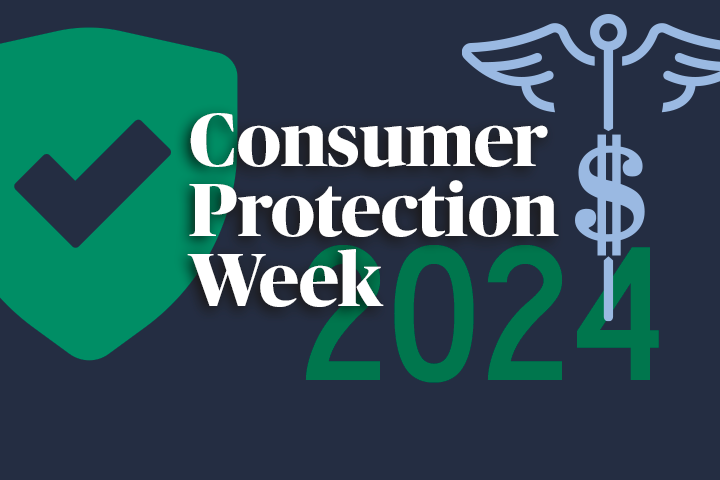
Medical bills can come in when you’re least expecting them, totaling thousands of dollars for procedures or medications that you simply can’t refuse.
However, when those bills start to add up, consumers shouldn’t be worrying about how that will affect their credit scores. The Consumer Financial Protection Bureau (CFPB) has worked with Equifax, Experian, and Transunion to ensure that medical bills aren’t considered when calculating consumers’ credit scores.
“Medical debt isn’t like going on a shopping spree or spending above your budget,” said Patricia Kelmer, health care campaigns director at the U.S. PIRG Education Fund.
“That’s why credit reports shouldnt’ include any debt arising from medically necessary procedures. No one should have to worry about their creditworthiness being sullied for years just because they got injured or sick.”
The burden of medical debt
Prior to the CFPB’s decision to remove consumers’ medical bills from their credit scores, the implications of medical debt were significant. These bills spent seven years on consumers’ credit reports, affecting their ability to buy homes, get loans, etc.
A CFPB report from 2022 found that 20% of Americans struggle with medical debt, the total of which neared $90 billion.
“Research shows that medical bills have little predictive value in credit decisions, yet tens of millions of American households are dealing with medical debt on their credit reports,” Rohit Chopra, CFPB director, said at the time. “When someone gets sick, they should be able to focus on getting better, rather than fighting debt collectors trying to extort them into paying bills they may not even owe.”
Improving credit scores
In an effort to help out consumers, the CFPB worked with Equifax, Experian, and Transunion to get all medical debt removed from consumers’ credit histories. The credit unions promised to:
Remove paid off medical bills from consumers’ credit reports
Remove medical debt under $500 from credit reports
Delay posting medical bills to credit reports by one year to give consumers time to pay their bills
Now, the U.S. PIRG Education Fund and the CFPB are working to expand these agreements so that consumers with medical debt are further protected from poor credit reports.
Always check your credit report
Just because you receive an official credit report, doesn’t mean that all of the information in it is correct. On top of that, just because you receive a medical bill, doesn’t mean that’s correct, either. Hospitals and doctors’ offices make mistakes.
“People shouldn't pay a medical bill they might get without scrutinizing it,” Teresa Murray, consumer watchdog for the U.S. PIRG Education Fund, told ConsumerAffairs. “First, has it gone through your insurance company and do you have an Explanation of Benefits (EOB)? If not, don't pay it until you have that EOB. If yes, does everything seem correct? Is the bill itemized? Don't be afraid to ask questions!”
To help consumers know what to look for on their credit reports, the U.S. PIRG Education Fund has shared three top tips:
Do you recognize and/or owe all of the medical bills that are listed on your credit report? There might be incorrect bills listed, and you shouldn’t be responsible for those.
If you owe less than $500 in medical bills, that shouldn’t be listed on your credit report.
Any medical debt that you’ve paid should be removed from your credit report immediately.
Photo Credit: Consumer Affairs News Department Images
Posted: 2024-03-08 11:58:03



















